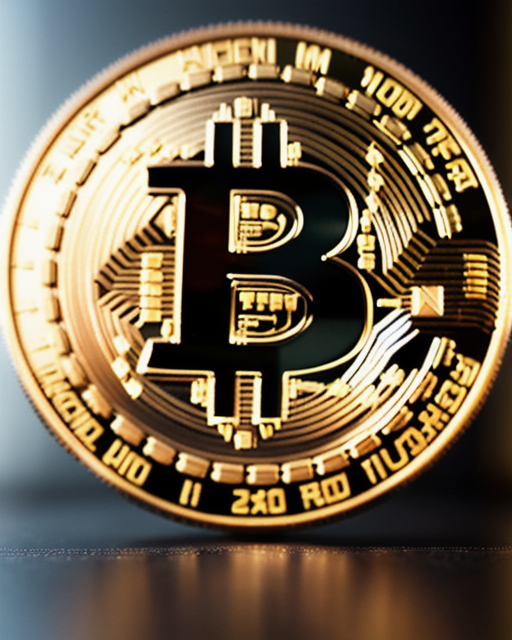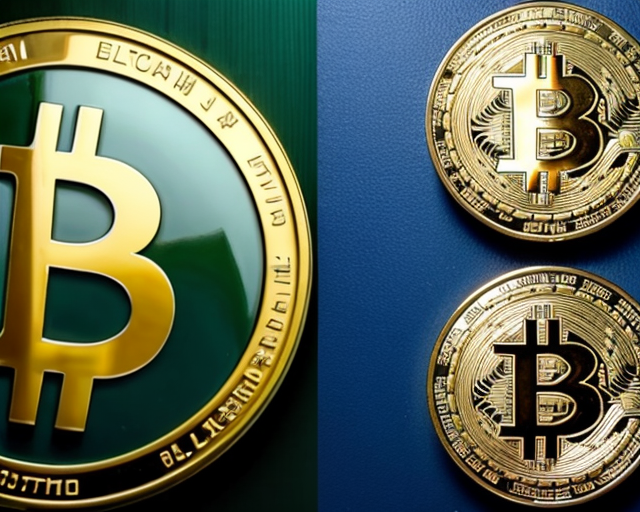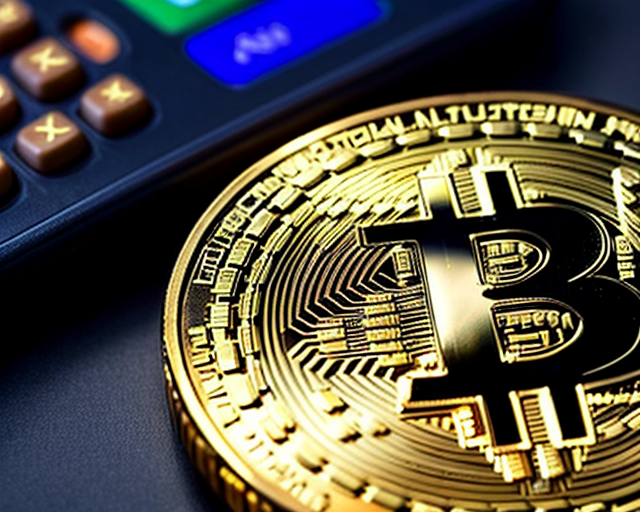The sabotage of central banks to bitcoin
The sabotage of central banks to bitcoin

Created with ai
It is possible that bitcoin volatility is being fueled by central banks to sabotage bitcoin and establish their own centralized digital currencies the cbdcs.

Created with ai
Some bitcoin proponents have suggested that central banks might be trying to sabotage bitcoin to weed out competitors before launching their own cbdcs, some argue that bitcoin is a bubble that is destined to burst while others believe it is the future of money. .

Created with ai
They also highlight bitcoin's potential to serve as a digital gold a way to protect wealth in times of economic and financial uncertainty, these bitcoin advocates often compare cryptocurrency to the internet in its early days, yes the internet had its ups and downs and yes there was a lot of speculation and bubbles along the way like the aforementioned dotcoin bubble, but despite these setbacks the internet has fundamentally transformed our society and our economy.